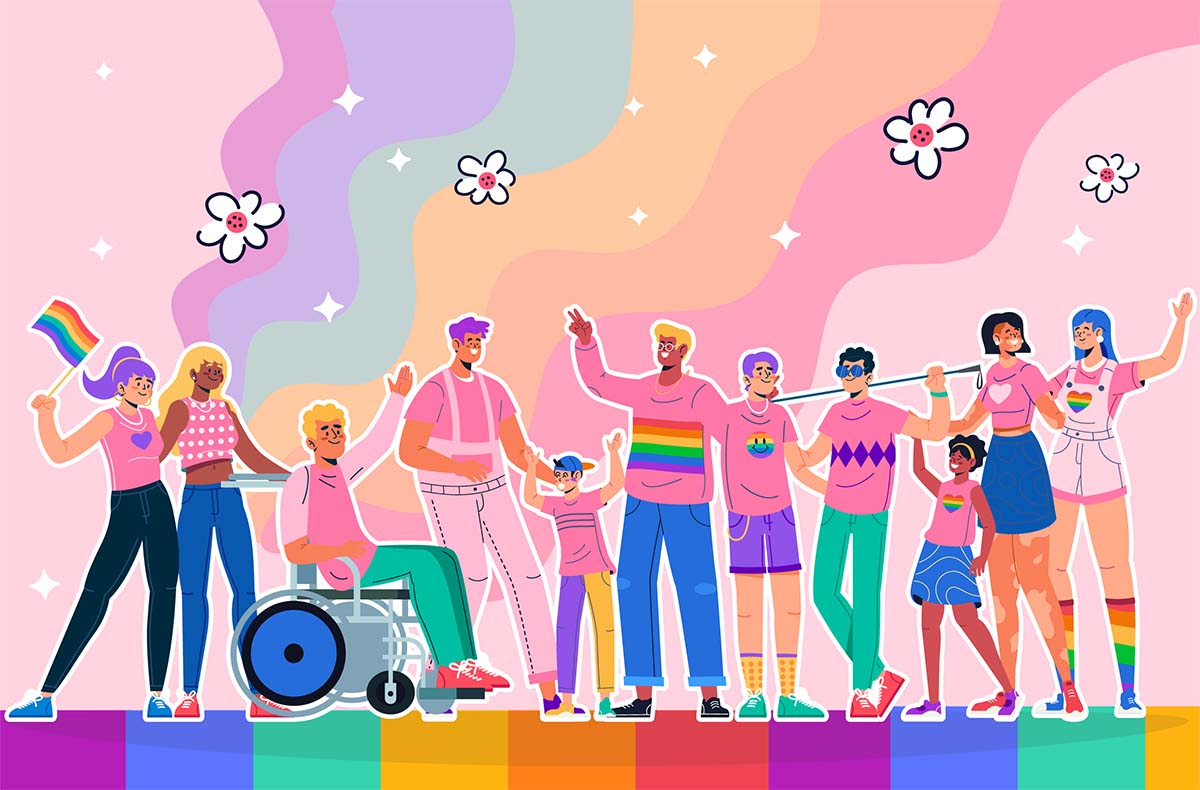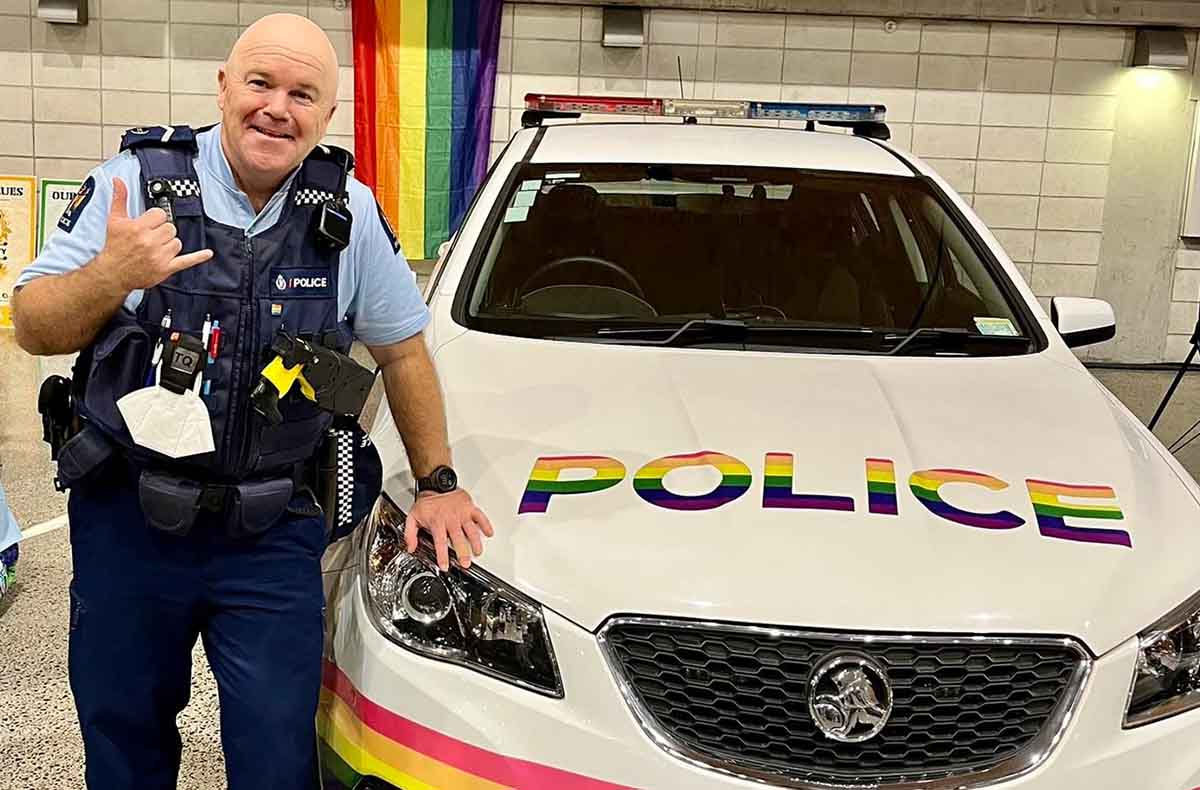
Illustration by Sarameeya Aree
“What’s that shit?” I was asked once about my bright pink T-shirt. “The world has gone mad,” said the gent, advising me of the ills of living in a modern progressive society.
I have been proudly involved with Pink Shirt Day since its inception in New Zealand in 2009, working to stop bullying by celebrating diversity and promoting kindness and inclusivity. As I often say to the kids in my community, the worst thing about Pink Shirt Day, or any other “Day” is it is just a single day. It should be a 24/7 attitude you carry with you, regardless of what color clothing you are wearing, who you’re with, or where you are.
There will be many individuals and companies which “jump onboard” a cause for the day—there might be a rousing speech, a token email, or a social media post—but they miss the point. I am reminded by many I know who suffer bullying on a daily basis that while these recognition days are a great conversation starter to raise awareness (and they truly are, don’t get me wrong), sadly, after the “day” has been and gone… many of us forget those that live with the disease or stigma, or disability or bullying every day. And it could be that this feeling of otherness lasts every single day, every single year of their life.
After several social media posts over my 27-year policing career, I have experienced the wrath of those wishing to comment on everything from my mental health, gender and orientation, that I am part of a woke agenda, too fat, too bald, too short, too old, just the fact I am a police officer… And to all those who passed comment, I want to say: try to #bekind to yourself and others, please.
As a police officer, I have seen some of the worst bullying imaginable—and its outcomes. Broken cheekbones level with chins because dinner wasn’t cooked. Children were beaten because they didn’t listen. People who couldn’t take the bullying anymore and made a decision that may have brought them peace, but left a trail of grief and people asking, “What have I done wrong?”
But never in all my years of policing have I heard anyone say, “Actually, if the world was a more unthoughtful, unkind place and we actually stopped caring about people, then that would make things a lot better for us all.”
Now, I am not suggesting that you like all people (because that’s an impossibility), but before you judge someone, or voice a statement, THINK about the consequences and what you are seeking to achieve. Is it bravado, your ego talking, or just that you think your voice is more important than others?
The old saying that kids these days often hear from their elders is, “You have two ears and one mouth—make sure you do twice as much listening as you do talking.” If adopted more broadly, it could potentially end many issues—but it requires us to take the time to listen, understand, and see the other party’s point of view. And you don’t have to agree with everyone—the world would be a very narrow-minded place if we all agreed. But we can agree to disagree and remain civil and polite to each other.
Now, I know what you’re thinking: “There’s no way that’s what will happen!” But have you ever spoken with someone who has been involved in a long-standing neighborly dispute? Have you witnessed how all-consuming it became in their life, preventing them from feeling comfortable and at home in their own home? I have. Common ground can bring peace of mind.
There will be people who are angry about how they have been treated, how they have been prejudged, and the fact that they don’t have equality of opportunity, privilege, or the luck many others have. From my experience, listening and understanding will triumph over hatred and division in most circumstances and stop the vicious cycle of mistakes being made in the future.
Do you hear that?
It’s the guy in the back heckling, “Well, that worked well for someone like Neville Chamberlain, didn’t it?” Case in point for listening before you react or jump to a conclusion. As I said, in most circumstances…
So when you hear, “Kōrero Mai, Kōrero Atu, Mauri Tū, Mauri Ora!” Speak up. Stand together. Stop bullying! Or words to a similar effect. Make the decision to take it a little bit further, and in the immortal words of Dr. Martin Luther King Jr, “Stick to love… Hate is too great a burden to bear.”

